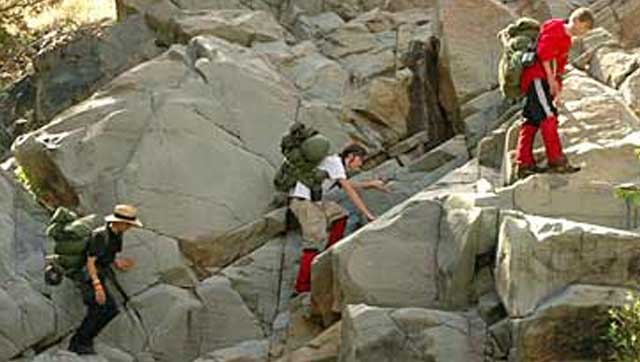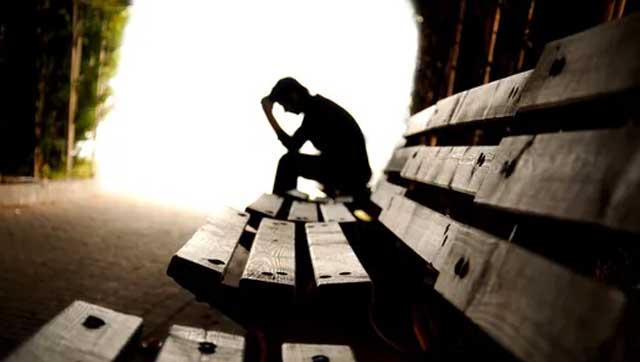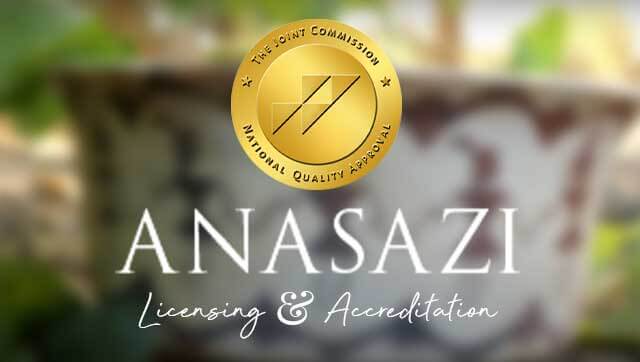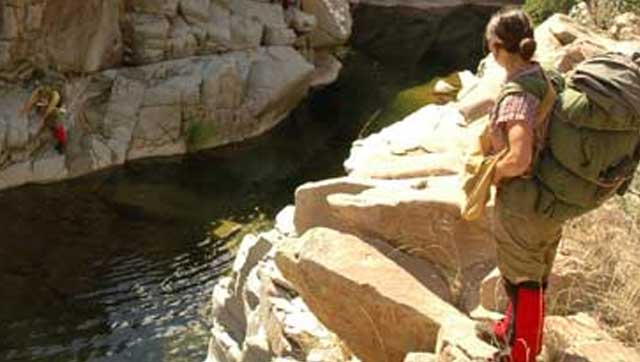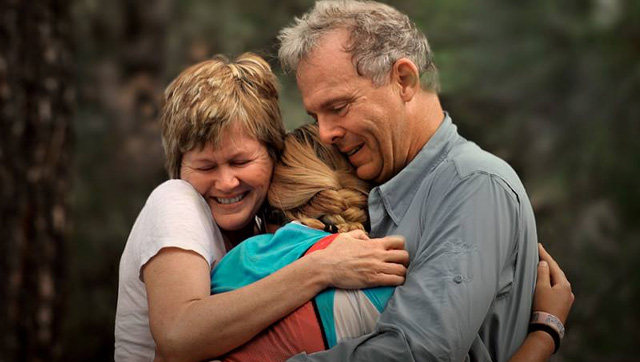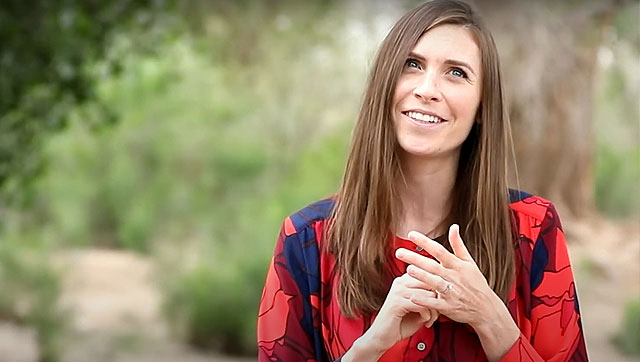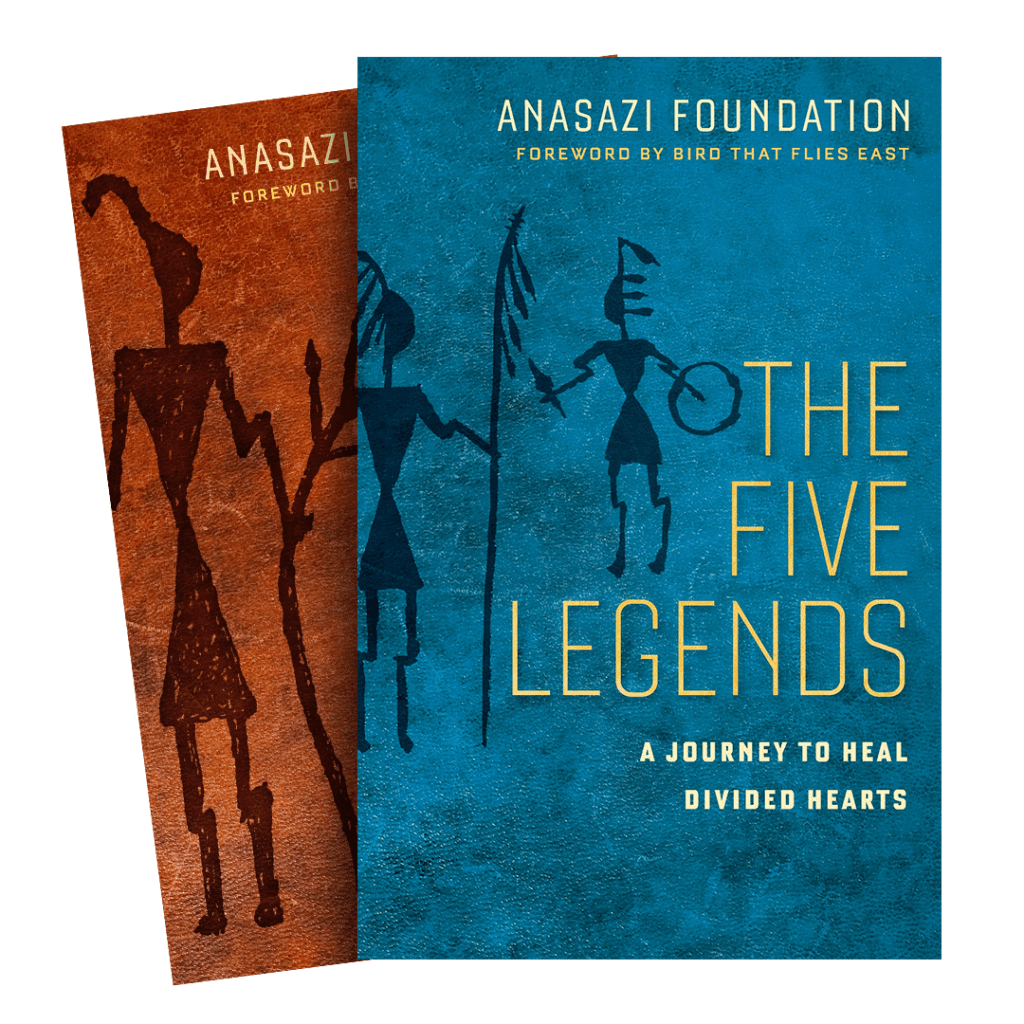In some families, parents find themselves unable to enter helpful conversations with a son or daughter. Attempts to talk about concerns result in a conversation of blame through words or silence. The times for teaching and learning together are few and far between, if not at all. For these families, we offer an opportunity to significantly improve their relationship through a “walking” in the wilderness.
Help for Parents
In some families, parents find themselves unable to enter helpful conversations with a son or daughter. Attempts to talk about concerns result in a conversation of blame through words or silence. The times for teaching and learning together are few and far between, if not at all. For these families, we offer an opportunity to significantly improve their relationship through a “walking” in the wilderness.
For other families, parents find they can still enter conversations or create time to talk, share, explain concerns, teach, and discover one another’s burdened with a child who is making at-risk choices. For those families who have problems but are still talking regularly, we invite you to consider the resources available in this area of our website as well as the Parent Seminars offered by ANASAZI.
Parental Assessment
| 1. Does your child argue with you frequently? Yes Sometimes No |
| 2. Does your child refuse to follow your rules? Yes Sometimes No |
| 3. Does your child engage in behavior that is contrary to your values? Yes Sometimes No |
| 4. Does your child avoid talking with you by isolating him/herself? Yes Sometimes No |
| 5. Is your child verbally aggressive (cussing, name calling, threatening) with you or others? Yes Sometimes No |
| 6. Do you suspect that your child’s friends are using drugs or alcohol? Yes Sometimes No |
| 7. Has your child’s behavior or emotional state changed significantly over the past year? Yes Sometimes No |
| 8. Does it seem that your child is negatively influenced by peers? Yes Sometimes No |
| 9. Is your child having difficulty with hyperactivity and/or distractibility? Yes Sometimes No |
| 10. Does your child have behavior problems in school? Yes Sometimes No |
| 11. Is your child skipping school? Yes Sometimes No |
| 12. Does your child engage in behavior that you believe may lead him or her into legal trouble? Yes Sometimes No |
| 13. Is your child manipulative? Yes Sometimes No |
| 14. Does your child act is if he/she feels entitled to whatever he or she wants without working for it? Yes Sometimes No |
| 15. Does your child appear to be struggling with emotional difficulties such as depression or anxiety? Yes Sometimes No |
| 16. Has your child talked about hurting him/herself or wanting to die? Yes Sometimes No |
| 17. Has your child attempted suicide? Yes Sometimes No |
| 18. Has your child engaged in self-injurious behavior such as cutting or burning him/herself? Yes Sometimes No |
| 19. Does your child become easily overwhelmed with stress? Yes Sometimes No |
| 20. Does your child have an eating problem (anorexia, binging, bulimia)? Yes Sometimes No |
| 21. Does your child engage in risky behavior that could lead to serious injury or death? Yes Sometimes No |
| 22. Is your child promiscuous? Yes Sometimes No |
| 23. Does your child appear to lack motivation? Yes Sometimes No |
| 24. Do you believe your child may be struggling with adoption or attachment issues? Yes Sometimes No |
| 25. Does your child have a problem expressing anger appropriately? Yes Sometimes No |
| 26. Does your child abuse drugs or alcohol? Yes Sometimes No |
| 27.Is your child experiencing academic difficulties? Yes Sometimes No |
All of the questions concern behaviors that are problematical. Some of the questions point to very serious difficulties. If you answered YES to at least several questions, it is likely that your child needs some type of intervention. If you have answered YES to any of the self injury questions, your child needs immediate intervention.
Many types of interventions are available. A brief description of a variety of out-of-home placement options follows.
Four important questions will help guide you in your decision making process:Four important questions will help guide you in your decision making process:
- Are your child’s problems becoming more severe?
- Is the relationship you have with your child becoming better or worse?
- Do you believe that your child needs to get away from his or her current environment (friends, neighborhood, school, etc.) to start “walking forward” in life?
- Are you afraid for your child’s safety and his or her future?
Educational Consultants
Educational consultants are professionals who work with parents to find appropriate educational and treatment resources for children and their families. Educational consultants have extensive knowledge of educational and treatment programs and can guide families to appropriate and effective placements. Educational consultants work for the family, not for specific programs. Therefore, they focus on meeting the needs of the family. Resources for finding an educational consultant include the Independent Educational Consultant Association or www.strugglingteens.com.
Outdoor Behavioral Healthcare Programs
ANASAZI is an outdoor behavioral healthcare program. The outdoors is used in conjunction with caring staff to help the child make changes in his life. Wilderness program vary in approach. ANASAZI relies on well-trained, caring staff who develop strong relationships with our teens who we call YoungWalkers. We invite YoungWalkers to come to a “change of heart”, building a foundation for good choices and relationships. Wilderness program remove the child from all distractions, allowing him or her to focus on what’s important so he or she can “walk forward” in life. Wilderness program are an effective form of treatment for teens who have behavioral, emotional, substance abuse, and school problems. Significant change is seen in most teens who attend a good, clinically supported program. When choosing a program, family involvement and aftercare services should be considered.
Inpatient Hospitals
Children may need to be hospitalized if their condition is imminently dangerous to themselves or others.
Residential Treatment Centers (RTC)
Teens who need long term treatment may be well served in a residential treatment center. Treatment length may vary from 30 days to a couple of years. A placement in a wilderness program before a placement at an RTC often well prepares the child for the further treatment he will need. Teens leaving an RTC may be helped by placement in a wilderness program before returning home or going to a boarding school.
Therapeutic Boarding Schools
These schools provide therapy and an education. Some may be licensed as Residential Treatment Centers, and if they are, will provide the same type of care as an RTC.
Emotional Growth Boarding Schools
The emphasis at these schools is on both education and emotional growth. Therapists may work with the students at these schools, but the therapeutic component would be less intense than that at a therapeutic boarding school.








